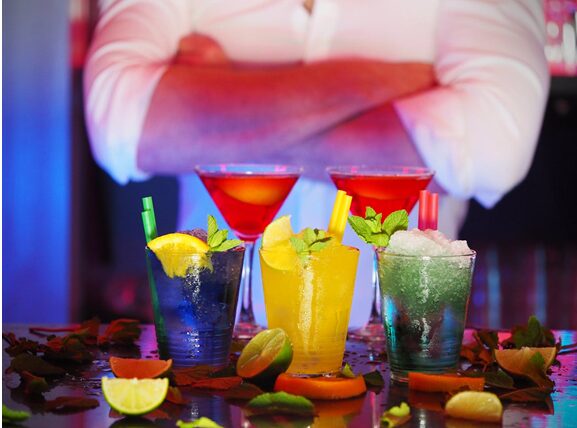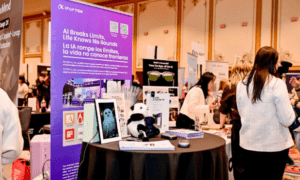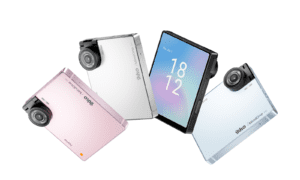A bartender’s job is not just an art, but it is also a craft that requires a wide range of skills to execute. While proficiency at mixing cocktails is at the forefront of your career, there are other not-so-evident but just-as-important skills that can set you apart.
They are the real asset that makes a good bartender stand out from an exceptional professional. These soft skills, or cross-functional skills, allow you to handle not only drinks but, above all, people.
They allow you to make every client’s experience memorable and to approach every situation with great professionalism.
Effective communication with clients and the team
The most important characteristic of a bartender is to learn how to communicate. You always handle many different people, and everyone has his own need and temper.
Thorough active listening lets you understand exactly what the customer wants even if he or she does not know to explain it properly.
On the other hand, the ability to convey one’s intention clearly and briefly is necessary when trying to get orders quickly and correctly. Good communication reduces errors and benefits everyone.
Communication is not just about customers. Working as part of a team also means that you are in close contact with your colleagues.
You need to be able to communicate properly with servers, the chef, and other bartenders to render the service smooth and well-coordinated. Choreographing the workflow requires teamwork, and this is a product of open communication.
Simple communication between the members of the team keeps the atmosphere of the venue light, even on the busiest of nights.
Problem-solving skills
In a bar, the unexpected is usual. A customer might complain about a drink, a bottle can get broken, or some equipment might break down.
Knowing how to solve problems effectively is a skill that makes you priceless. It’s not just about solving the technical issue, but in a calm and logical way, without losing your cool. For example, when a customer complains, you don’t dispute but rather volunteer to remake the drink or provide an extra one.
Being willing to solve problems keeps the service level up. This is a skill that is acquired with experience, but also depends on being able to keep a cool head under pressure and think creatively in order to come up with a solution.
Empathy and understanding people
Empathy is the ability to step into other people’s shoes and experience their emotions. An empathetic bartender is someone who understands the body language of the patron and plays accordingly.
Some customers are in for a quick drink only, while others want to talk. An empathetic bartender knows how to read the cues and offers the best possible service in each situation. A relationship is built that makes the customer’s trip to the bar a personal and pleasant one.
This does not have to mean being friends with every customer, but showing interest in the well-being of the customer. Creating a welcoming environment is key to gaining the loyalty of customers, and empathy is the way to get there.
Stress management
The bar is a potentially extremely busy and chaotic place, with orders backing up and customers waiting.
Dealing with stress is being able to stay focused and continue to work to the best of your ability, even when chaos is at its highest. Staying calm is important for:
- Not making mistakes.
- Making quick and logical decisions.
- Not losing patience with customers or staff.
- Maintaining a professional and reassuring image.
A bartender who remains calm under stress is a benchmark for the team and a reassurance to clients. In those situations, calm is a superpower.
It’s a question of learning to breathe, to prioritize mentally, and to deal with one order at a time, without getting caught up in the weight of the work.
For those looking to hone their skills in a professional environment, accredited training like that at spiritlablondon.com can provide the foundation required.
Professionalism and reliability
Professionalism shows in many ways, starting with punctuality and personal hygiene. Cleanliness and politeness are every professional’s visiting cards.
To be reliable is to make your colleagues and clients know that they can rely on you. When you undertake to have a drink prepared or a problem resolved, you must see it through.
This is a reputation you want to have and a solid foundation on which to build trust. Professionalism is also about adhering to procedures with respect, being knowledgeable about the products, and how you handle interactions, with a touch of class.



































